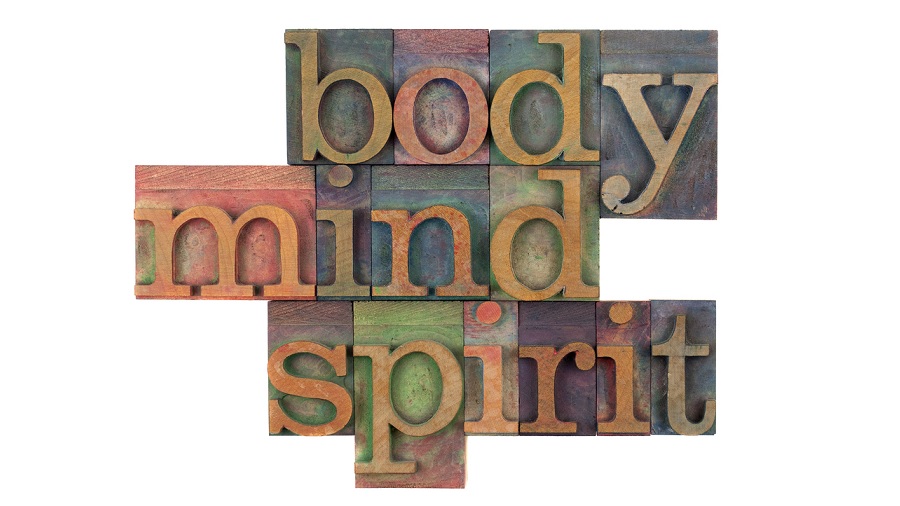Shaping Team Culture Through Mindfulness

Mindfulness underpins active listening, positive feedback, corrective feedback and congruence – it is an essential skill for shaping team culture. Mindfulness means being present in-the-moment by paying attention in a purposeful manner. In essence, mindfulness is awareness – about ourselves and others. It’s being aware of our own reactions and tuning into others and their needs. An aspect of mindfulness is being compassionate towards ourselves and others. In other words, it means not beating up on ourselves for our mistakes, while also being empathetic to the needs and situations of others. It means not listening to our “lizard brain” which is forever warning us of risk (even when no real risk exists), telling us that we are not worthwhile or stopping us from doing things because they may not work out as planned. Mindfulness involves keeping our negative emotions in check. We often miss the present moment because we are “lost in our thoughts”. We are frequently thinking about the past or the future, rushing through the present to some place else. We are “wishing it was Friday” or “looking forward to the weekend” or “glad we are busy so the day passes quickly”. Thus monitoring our thoughts is an important step in developing mindfulness.
Why develop mindfulness?
We spend a lot of time looking after our car or clothes and very little time looking after our brain. Yet our brain is responsible for our perceptions, our creativity, our emotional balance and our ability to discern differences. It enables us to negotiate the challenges of daily living and to live life fully. Mindfulness is great for the health and effectiveness of our brains. It is the seat of creativity which is why organisations like Google ensure that their staff are regularly exposed to mindfulness experts and mindfulness practice. Neuroscience research has demonstrated that mindfulness leads to improved physical and mental health, slows the ageing process and strengthens the side of the brain responsible for creativity, emotional balance and clear thinking. It has proven very effective in overcoming depression and eating disorders.
The major outcomes from developing mindfulness are calm, clarity, focus and balance.

How to develop mindfulness?
Mindfulness is a lifetime pursuit and there are many paths to developing as a mindful manager. The reality is that if we are not developing mindfulness, we are strengthening the mind’s inclination towards mindless activity and emotional disturbance, whether this gets expressed as anger, impatience, envy, aggression, depression or general unhappiness. Research increasingly shows that negative emotional states are contagious – so, if you are acting on negative emotions, you will not only upset yourself but also your work team, your family and anyone else who comes in contact with you. Mindfulness is a great antidote to stress and the associated physical and emotional conditions. Mindfulness can be developed through simple techniques that often take very little time. Mindful breathing, for example, can be undertaken anywhere, anytime (except when driving!). The image below lists a wide range of techniques that contribute to mindfulness, some of which you may be undertaking already:
Mindfulness Techniques
| Reflection | Yoga |
| Toning | Music |
| Meditation | Singing |
| Prayer | Group support |
| Reflective video | Listening to sounds |
| Tai Chi | Conscious breathing |
| Body Scan | Sensory attention |
| Mindfulness walking | Muscle relaxation |
The secret, as with acquiring any new skill, is practice. You can start small with one particular technique that you practise regularly and then gradually build your range of mindfulness techniques. Jon Kabat-Zinn suggests that the process of developing mindfulness is Coming To Our Senses, both literally and metaphorically. His book of the same name offers many techniques for building awareness through our senses.
As you develop mindfulness, you will find that you will become more and more aware of how your words and actions shape the culture of your team. You will be better able to listen, coach and develop your staff. You will find that you can approach the difficult conversations (including corrective feedback) with calm, clarity and confidence. Overall, you will be more effective as a manager. For more information and resources on mindfulness and shaping your team culture, check out our free resources.
